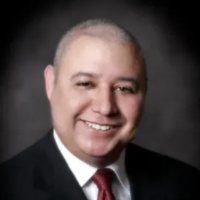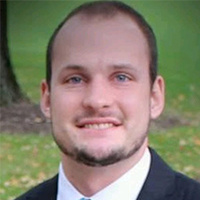Merrillville RICO Act Lawyer, Indiana
Sponsored Law Firm
-
 x
x

Click For More Info:
-
Stracci Law Group, PC
11890 Broadway Crown Point, IN 46307» view mapCriminal Defense, OWI & Personal Injury Law Respected. Resourceful. Relentless.
Paul maintains a strong rapport with his clients as well as with other legal professionals in the area. He is a relationship builder, who has built strong relationships.
800-928-0490
Not enough matches for Merrillville RICO Act lawyer.
Below are all Merrillville Criminal lawyers.
Edward John Wartman
✓ VERIFIEDEd was born and raised in Calumet City, Illinois graduating from Quigley South High School in Chicago in 1988. He graduated from Northwestern Univers... (more)
Alejandro Dominguez
✓ VERIFIEDI am Alex Dominguez and I provide the highest quality, cost-efficient legal representation possible. I am an experienced trial lawyer representing cli... (more)
Aaron L. Robbins
✓ VERIFIEDAt Robbins and Seville, LLC, we specialize in providing 21st-century solutions to our clients' legal challenges. This includes utilizing cutting-edge... (more)
Andrew Phillip Martin
✓ VERIFIEDAndrew Martin was born in Chicago, Illinois and lived in the Chicago suburbs his entire life. Mr. Martin lived in Schaumburg, Naperville and Plainfiel... (more)
Paul Stracci
✓ VERIFIEDPaul Stracci is a uniquely experienced criminal trial attorney who has had remarkable success in the courtroom. He successfully defended his first mu... (more)
 Paul Stracci Crown Point, IN
Paul Stracci Crown Point, IN Practice AreasExpertise
Practice AreasExpertise





